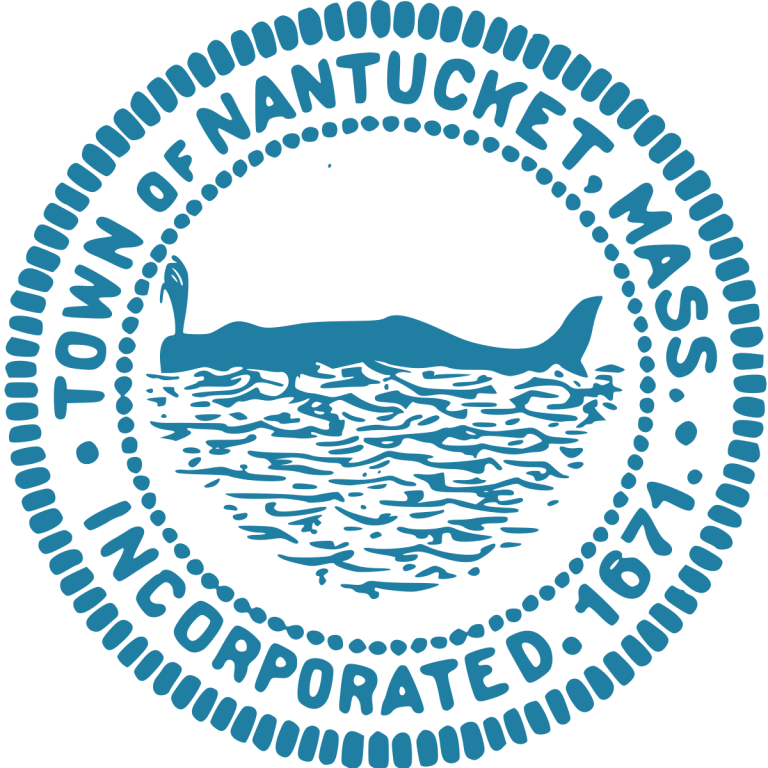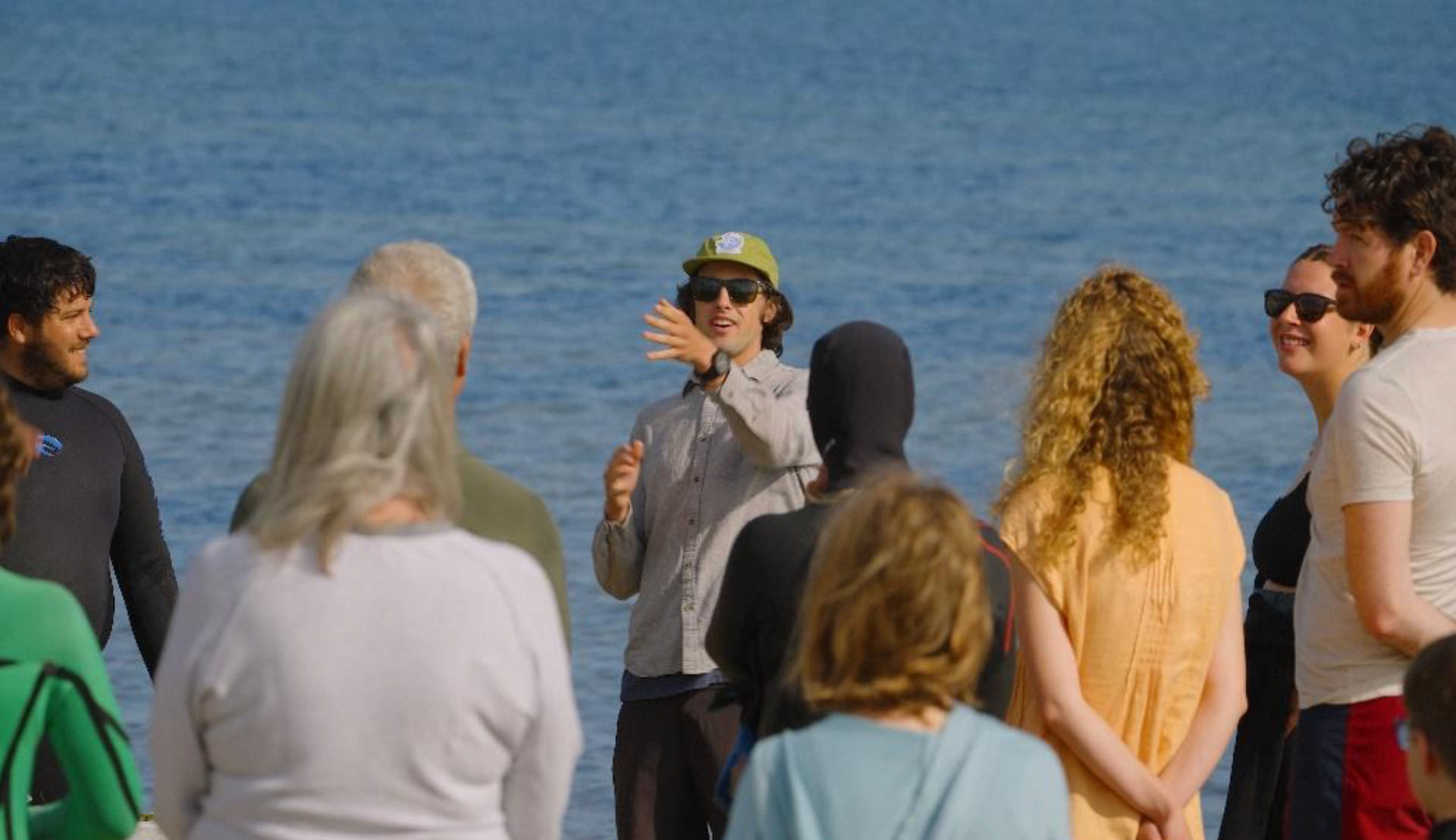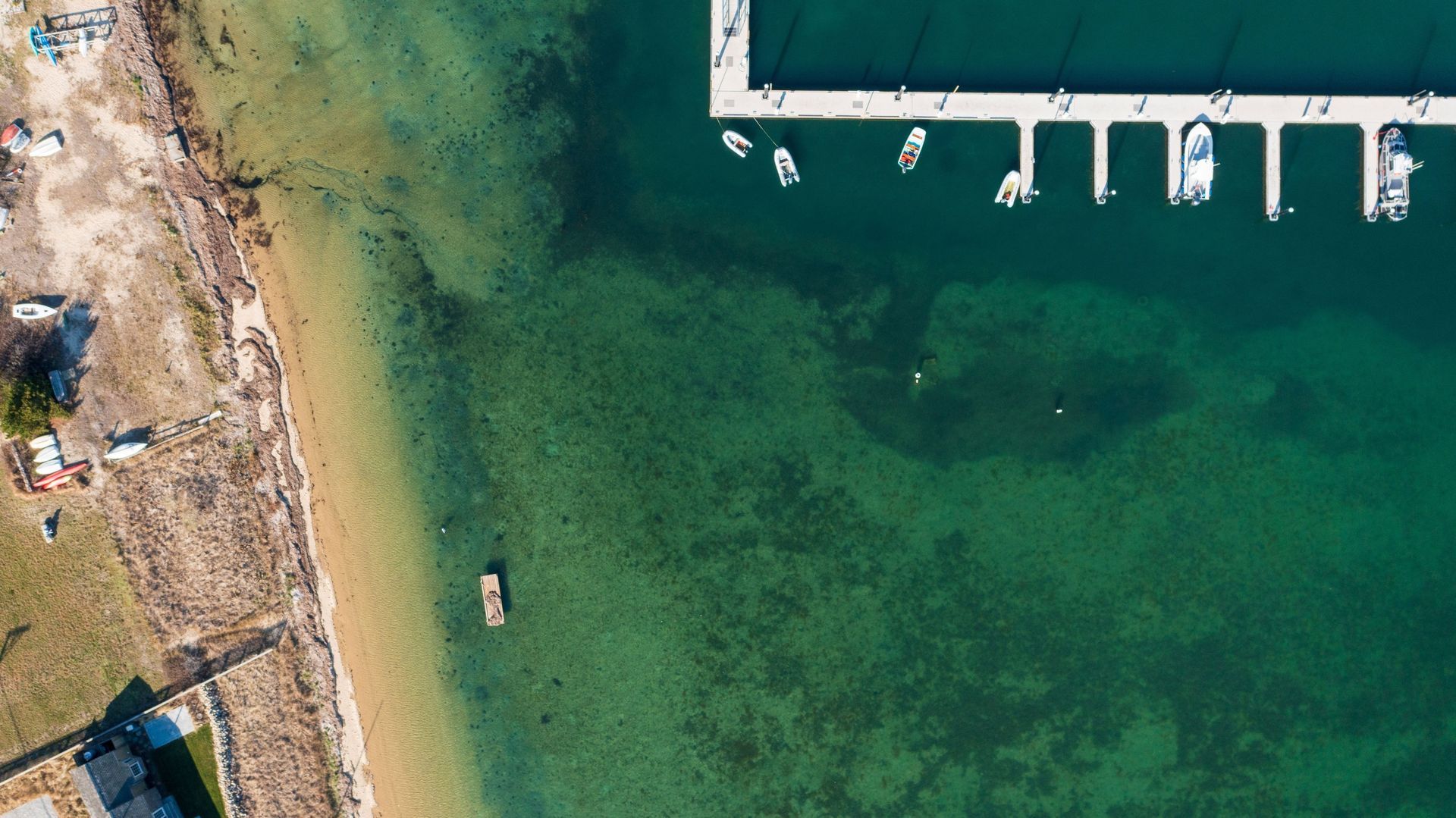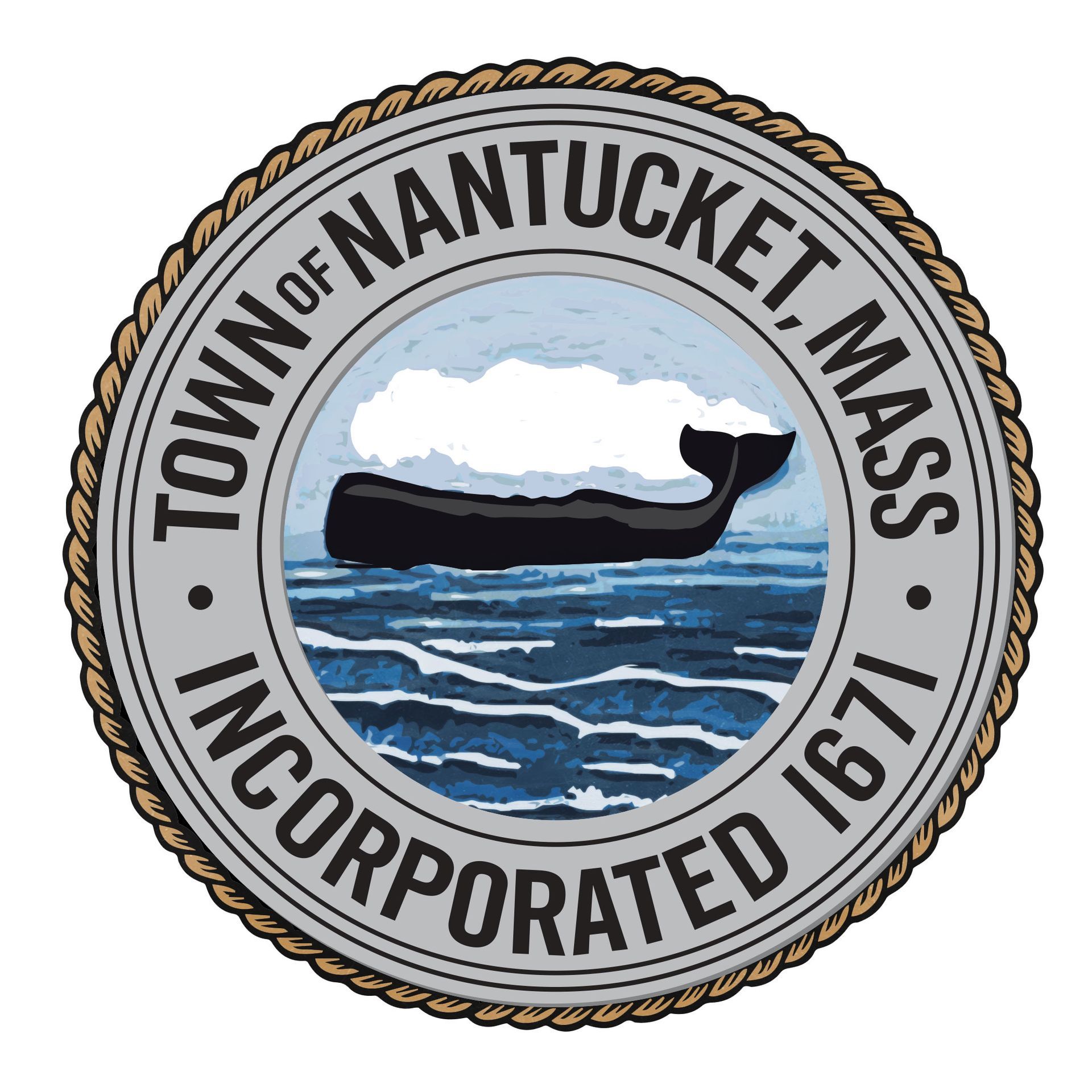NLWC News
2024 Special Town Meeting – NLWC Recommendations
2024 Special Town Meeting – Tuesday, September 17th at 5:00 PM
Nantucket High School Auditorium
Nantucket’s community depends on the vitality of its sustainable natural resources.
Vote Environment First >
The Nantucket Land & Water Council’s (NLWC) mission is to preserve the health of Nantucket’s environment and community through the protection of our land and water resources. The NLWC has reviewed the Warrant for the September 17th, 2024 Special Town Meeting and offers the following comments on articles which could affect the island’s unique and valuable natural resources.
ARTICLE 1: NO Zoning Bylaw Amendment – Regulating Nantucket Vacation Rentals
The Short-Term Rental industry (in particular investor-owned commercial STRs) contributes to more intensive use and (re)development of properties on Nantucket. This places increasing and measurable pressure on the island’s natural resources and infrastructure, from the health of our aquifer, ponds, and harbors to solid waste management, water and sewer. We support the promulgation of restrictions and regulations that address the Short-Term Rental industry in a balanced way that is consistent with Nantucket’s local traditions while protecting against unfavorable depletion of our Island’s natural resources that we all want to prevent.
The NLWC does not support Article 1 as drafted. We do support the proposed limit of one STR per person and the new owner restrictions and agree with the changes made by the Planning Board in their motion. However, Article 1 still does not go far enough to limit existing and disincentivize new investor owned STRs. This use of STRs as an investment leads to the continued unsustainable type of development and use that will negatively impact the long-term health of Nantucket’s environment.
ARTICLE 2: YES Zoning Bylaw Amendment – Regulating Short Term Rental Use
The NLWC supports Article 2 as drafted. This is the only article that upholds STR use to a traditional Accessory Use as currently defined in the Zoning Bylaw. This article allows for all Nantucket residents to rent their homes but requires that use of a dwelling as a STR be less than the dwelling’s principal use as a residence. As such it limits existing and disincentivizes new investors from purchasing property to be rented out purely as a business.
Article 3: NO Zoning Bylaw Amendment – Regulating Short Term Rental Use The NLWC does not support this article. It does not meaningfully limit STRs for new or existing owners and does not acknowledge the community’s clear desire for increased regulation that protects our environment. It does not limit existing and disincentivize new investor-owned STRs.
Article 4: NO Zoning Bylaw Amendment – Regulating Short Term Rental Use
The NLWC does not support this article as drafted. We support the requirement for residing on Nantucket, the limit of one STR per person, and the new owner restrictions. However, Article 4 does not go far enough to limit existing and disincentivize new investor owned STRs which lead to the continued unsustainable type of development and use that will negatively impact the longterm health of Nantucket’s environment.
Article 5: YES General Bylaw Amendment – Short Term Rentals The NLWC supports this article to clarify restrictions against corporate ownership of Short Term Rentals. This will help to further limit existing and disincentivize new corporate ownership of STRs.
Article 8: YES Zoning Bylaw Amendment – Issuance of Building and Use Permits – Demolition Delay The NLWC supports this article to extend the period of time allocated for owners to implement repurposing and reuse of buildings on Nantucket. The recycling and reuse of materials will not only help to preserve our historic structures but will help reduce construction and demolition waste which fills our landfill and poses challenge for Nantucket’s solid waste management.
Article 9: NO Zoning Bylaw Amendment – Apartment Community The NLWC supports the Planning Board’s motion to take no action on this article. This proposed amendment would greatly increase the potential ground cover, density and number of dwelling units allowed in all residential districts across the island. There has been no evaluation of the implications of this article on island buildout or infrastructure.
Article 11: NO Zoning Map Change – LUG 2 to R5 – 44 Skyline Drive The NLWC supports the Planning Board’s motion not to adopt this Article. This proposal to change minimum lot size from 80,000 sf to 5,000 sf would allow for an increase in density 16 times what is allowed under current zoning.
Article 12: NO Zoning Map Change – LUG 2 to R5 and R20 to R5 – 13 and 13A Woodland Ave The NLWC supports the Planning Board’s motion not to adopt this article. This proposal to change minimum lot size on these lots from 80,000 sf and 20,000 sf respectively to 5,000 sf would allow for an increase in density close to 16 times what is allowed under current zoning.
Article 13: NO Bylaw Amendment – Sewer District Map Change – 44 Skyline Drive The NLWC supports the Finance Committee’s motion not to adopt this article. The Sewer Commissioners also voted not to add this parcel to the Town Sewer District.
Article 14: NO Bylaw Amendment – Sewer District Map Change – 13 and 13A Woodland Ave The NLWC supports the Finance Committee’s motion not to adopt this article. The Sewer Commissioners also voted not to add these parcels to the Town Sewer District.
Article 15: NO Bylaw Amendment – Sewer District Map Change – 42 Monohansett Road The NLWC supports the Finance Committee’s motion not to adopt this article. The Sewer Commissioners also voted not to add this parcel to the Town Sewer District. The NLWC does not support this article as drafted. We support the requirement for residing on Nantucket, the limit of one STR per person, and the new owner restrictions. However, Article 4 does not go far enough to limit existing and disincentivize new investor owned STRs which lead to the continued unsustainable type of development and use that will negatively impact the longterm health of Nantucket’s environment.






